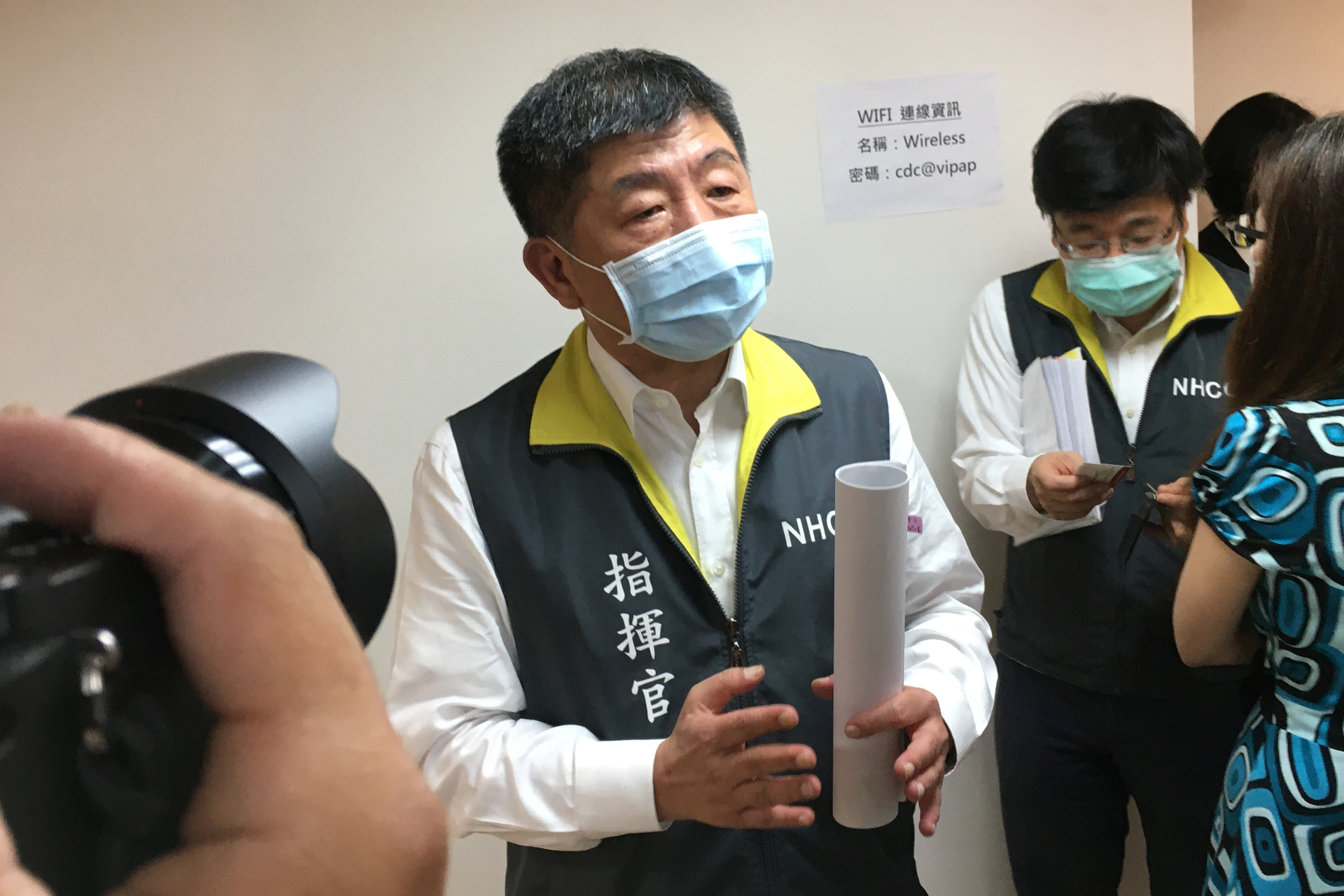Taiwan accuses China of blocking Pfizer-BioNTech vaccine supply
As a small surge in COVID-19 cases disrupts life in Taiwan, and the island’s vaccine rollout continues slowly, Taiwanese officials blamed China for blocking some of their vaccine supply.

Relations between Taipei and Beijing have been even more prickly than usual in 2021. China has loudly protested the gradual efforts of the U.S. to bolster ties with the self-governed island, and in late February, blocked the import of Taiwanese pineapples in an apparent effort to punish the ruling Democratic Progressive Party (DPP).
- Earlier this year, Taiwanese officials suggested, but did not directly allege, that “outside forces” — i.e. China — had put pressure on their efforts to secure COVID-19 vaccine supplies.
- In the past month, as Taiwan’s vaccine rollout has proceeded slowly with only 1% of the population immunized, health officials have become alarmed as more contagious variants broke through the island’s border controls for the first time.
- Taiwan reported 667 COVID-19 cases today and 13 deaths — a relatively small number, but a big shock to the local population that had enjoyed a virus-free life for virtually all of the pandemic.
Yesterday, Taiwan directly accused China of blocking vaccine supply for the first time. President Tsai Ing-wen (蔡英文 Cài Yīngwén) claimed that a deal in early January for Pfizer vaccines via the German firm BioNTech had fallen through because of “China’s interference.”
- Health minister Chen Shih-chung (陳時中 Chén Shízhōng) added detail today: They had a “final contract” by January 8, but BioNTech “suddenly sent a letter, saying they strongly recommend us to change the word ‘our country’ [我國 wǒguó] in the Chinese version of the press release.”
- When the government agreed to change the wording instead to “Taiwan,” BioNTech said they had to delay due to a “revaluation of global vaccine supply and adjusted timelines.” Chen said it was clear to him that the contract was finalized, but the “problem was something outside of the contract.”
Taiwan had no problem securing vaccines from other companies such as Moderna and AstraZeneca, which operate out of the U.S. and the U.K. A total of 30 million doses, from these companies in addition to “domestically produced vaccines currently in trial stage” — enough for 60% of Taiwan’s population — is set to arrive by August, the Guardian reports.
- But “Pfizer/BioNTech reportedly has an exclusive deal with the Shanghai-based pharmaceuticals company Fosun to distribute the vaccine to the Greater China region, including Hong Kong, Macau and Taiwan.”
Why not get supply from Fosun, then? Fosun says it has been “actively promoting” its vaccines to Taiwan since 2019, per Caixin, but President Tsai said on Facebook (in Chinese) that one of her government’s three principles for vaccine procurement is to “buy directly from the original manufacturer.”
- China’s Taiwan Affairs Office said Taipei was making excuses to avoid using mainland-produced vaccines, but Chen, the health minister, said that “Taiwan had seen no supporting documentation about Fosun’s version of the vaccine,” per Reuters.
See also:
- Why are Taiwanese skeptical of Chinese vaccines? / Deutsche Welle
- Taiwan accuses China of interfering with COVID vaccine deals / Guardian
“Taiwan has also been in talks with the U.S., seeking guarantees for some of the 20m doses Joe Biden has said will be sent overseas by July. But in farewell remarks on Wednesday, the U.S.’s representative in Taiwan, Brent Christensen, suggested Taiwan’s impressive COVID management and relatively low case numbers meant it would not be prioritised over other harder-hit places.” - Taiwan working on ‘room temperature’ DNA vaccine to combat COVID-19 / SCMP (paywall)






